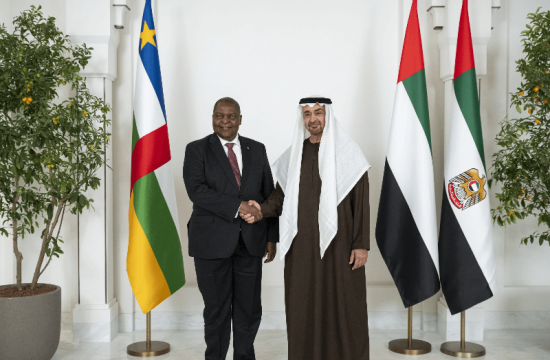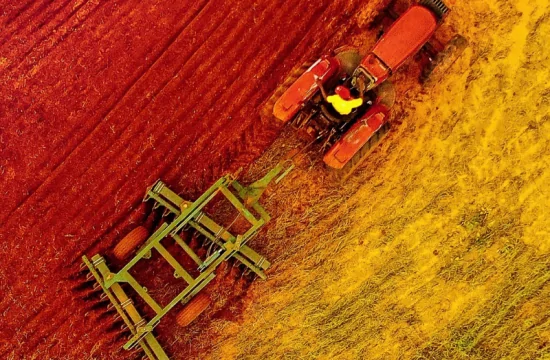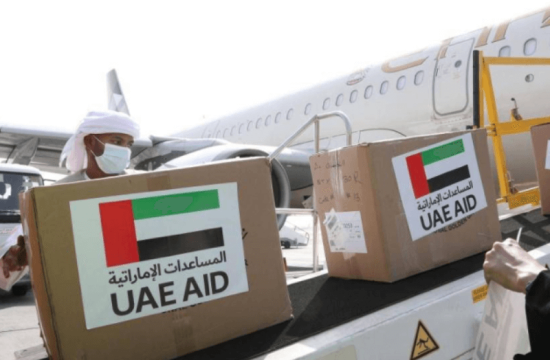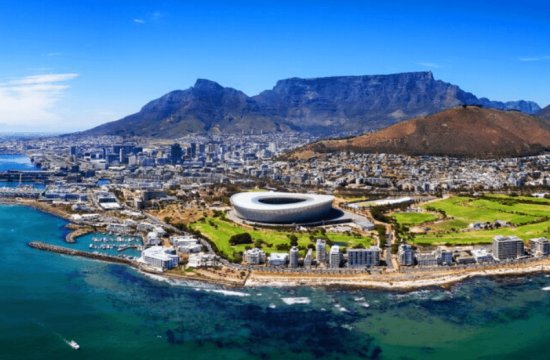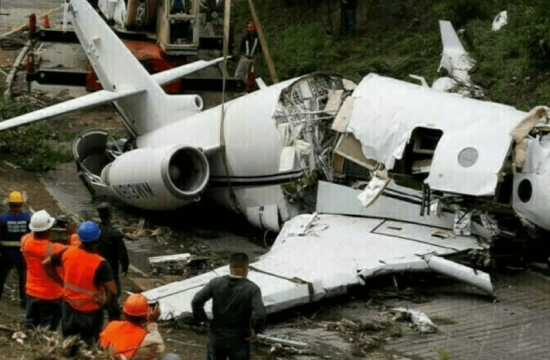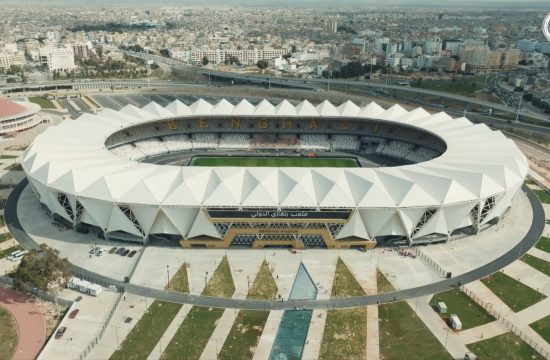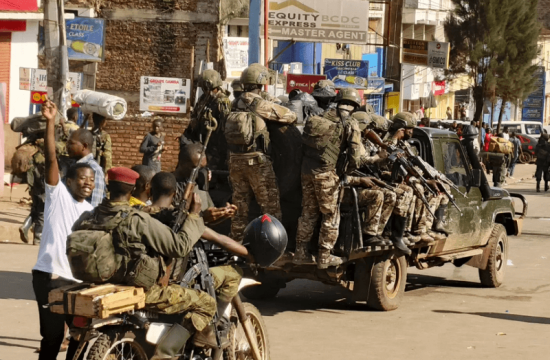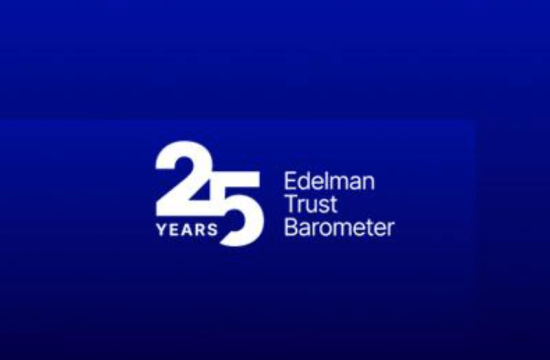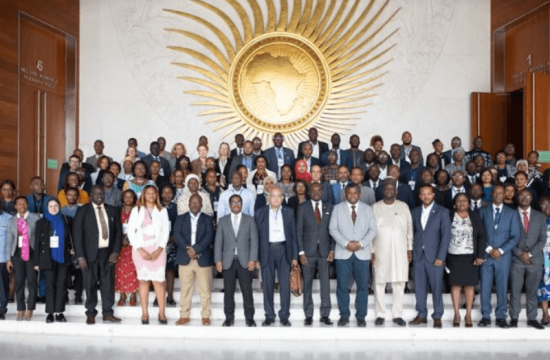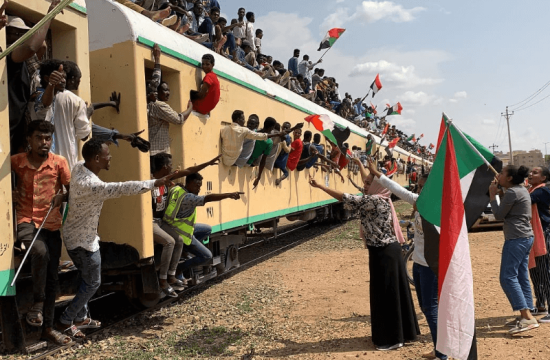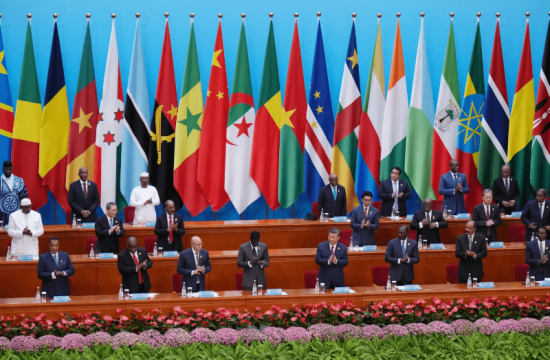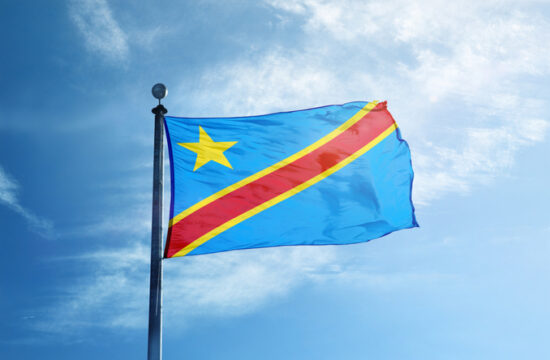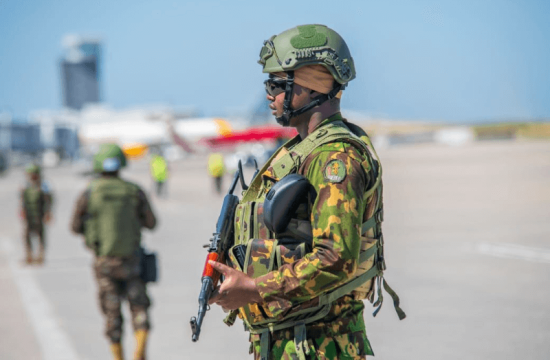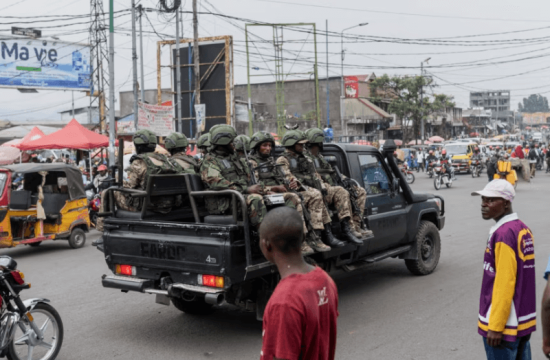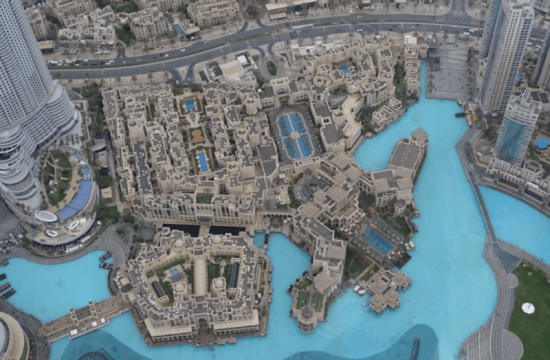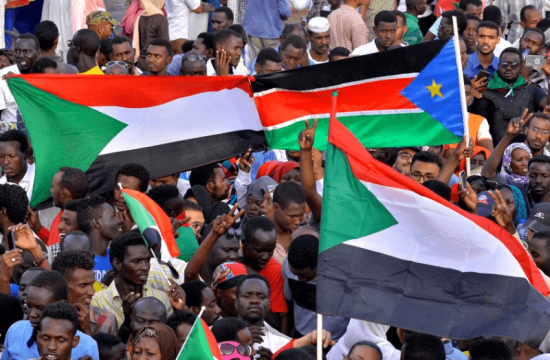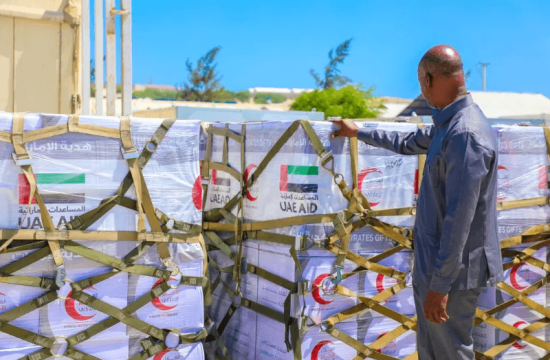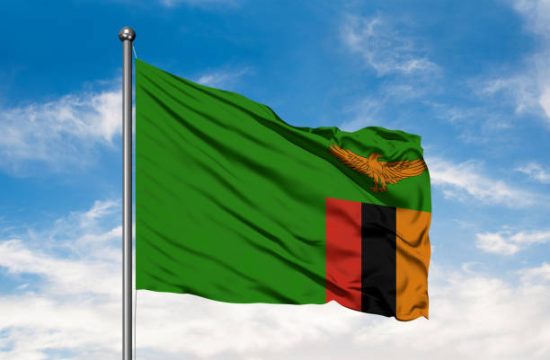Spain has altered its long-standing stance in Western Sahara, the former colony in North Africa. Ending a 10-month long row, Morocco reinstated its ambassador to Spain. The months-long conflict between the two Mediterranean neighbours was triggered after Madrid’s changed position in Western Sahara. But this has further triggered a diplomatic shift between Spain and Algeria.
The other North African neighbour of Madrid, Algeria is a crucial natural gas supplier to it and also a long–time regional foe of Morocco. As a sign of protest against Spain’s ‘U-turn’, Algeria has now recalled its own ambassador from Madrid.
The Moroccan envoy to Spain, Karima Benyaich said that she had returned to Spain on Saturday. This was shortly after the government of Spain backed Morocco’s plan to give more autonomy to Western Sahara, on the condition that the territory remains under its hold. “It’s a pleasure to return to work in Madrid and strengthen the relations between Spain and Morocco in the way that our respective countries have determined,” Benyaich said.
Related Posts
Writing a letter to Morocco’s King Mohammed VI, Prime Minister of Spain Pedro Sanchez said that this proposal by Rabat has been “the most serious, realistic and credible” initiative to bring a resolution to the decades-long dispute.
Western Sahara has been a region of contention between Morocco and Algeria. The vast territory is mostly barren but has rich natural reserves of phosphates with fertile fishing grounds in the Atlantic Ocean. The territory is disputed between Morocco which annexed it in 1976 and the Polisario Front independence movement, backed by Algeria.
Polisario has criticized the shifting position of Madrid. About 20 per cent of the Western Sahara territory is controlled by the self-proclaimed Sahrawi Arab Democratic Republic, which called the decision by Madrid a “grave error”, citing that it gives Morocco greater leverage over the migrant crossing to Europe.


